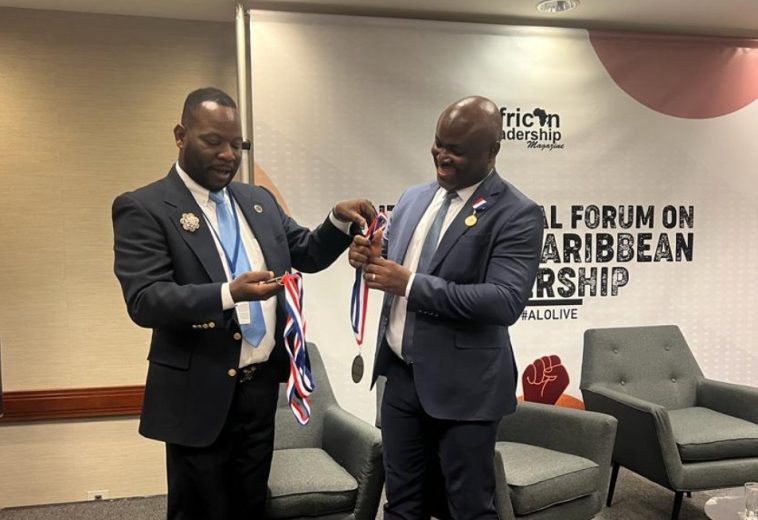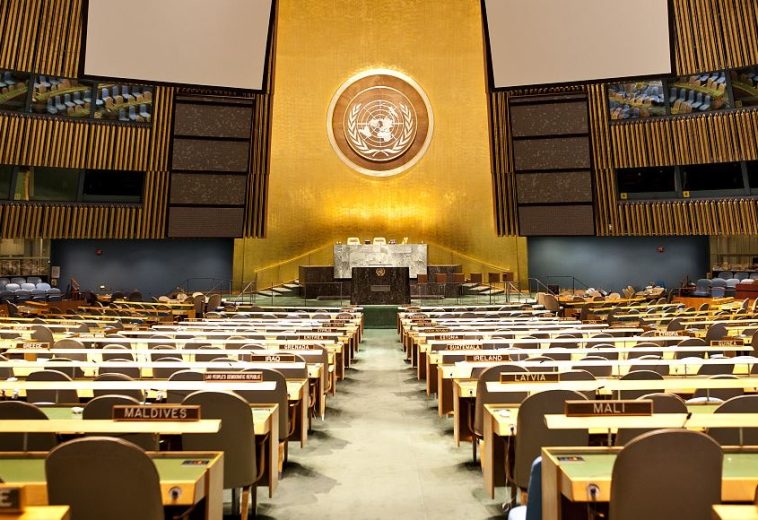During the 78th United Nations General Assembly, several African presidents emphasised a recurring theme: the pressing need to restore trust and rekindle global solidarity amidst difficult yet significant global transformations.
Addressing the UN General assembly, Angola’s President, João Manuel Gonçalves Lourenço, pointed out that, nearly 78 years since the establishment of the Organisation, pockets of tension persist, often escalating into open conflicts. He stated that the global management of interests in security, technology, and resources still falls short of aligning with the diverse interests of nations and peoples. Lourenço stressed the persisting and unacceptable gap between developing and developed countries. Attributing this divide to the insufficient representation of developing nations in key global governance institutions hinders their ability to voice concerns and contribute to problem-solving.
The president equally emphasised that this situation breeds anxiety and frustration, particularly among vulnerable populations, making them susceptible to negative influences. While acknowledging the efforts of many African nations in resolving conflicts, investing in socioeconomic development, and prioritising education, he lamented that the lack of economic and social prospects in several countries threatens the stability of budding democracies on the continent. He mentioned initiatives like the African Continental Free Trade Area as attempts to navigate this situation.
Roughly 54% of Angolans are extremely poor, with a significant 88% residing in rural regions. In these areas, challenges like deforestation, prevalent reliance on traditional energy sources, and inadequate natural resource stewardship pose significant threats to both livelihoods and environmental stability. Recognising this critical issue, Angola has pinpointed the enhanced management of natural resources as an instrumental development focus for the period spanning 2020 to 2022.
Further noting that numerous young Africans still find themselves compelled to pursue their aspirations beyond their homeland, often undertaking perilous Mediterranean crossings, Lourenço turned his attention to regional stability and expressed Angola’s commitment to mitigating tensions in the Great Lakes region. He called for consistent and predictable funding to combat terrorism in Africa, voicing suspicion about an unseen force intent on destabilising the continent for its own gain. He urged global attention to critical regions such as the Sahel, the Horn of Africa, Mozambique, the Democratic Republic of the Congo, and Sudan.
Additionally, he emphasised the imperative of addressing the plight of the Palestinian people and resolving the Israeli-Palestinian conflict. Notably, he called for an immediate end to the war between the Russian Federation and Ukraine in Europe. Lourenço insisted on a reformation of the Security Council that aligns with current realities. He advocated for Africa to attain permanent membership on the Council and emphasised the importance of adhering to resolutions regarding the embargo on Cuba and the longstanding Middle East conflict between Israel and Palestine.
Recalling his participation in a 2021 Security Council meeting regarding the arms embargo on the Central African Republic. Shifting focus to climate change, he implored the international community to redouble efforts to reduce polluting gases, combat deforestation, and address global warming. In concluding remarks, President Lourenço stressed the need for the United Nations to enhance its role and capabilities in formulating effective responses to confront the array of challenges facing the global community.
President Lourenço hinted at the critical importance of upholding the values outlined in the UN Charter and international law to rectify the precarious course the world embarked upon following the fall of the Berlin Wall. Additionally, he reiterated the imperative for greater representation of developing nations in global governance institutions, ensuring their active participation in crafting pragmatic solutions to their unique challenges. This, he emphasised, is crucial for maintaining order and stability within their respective nations.


